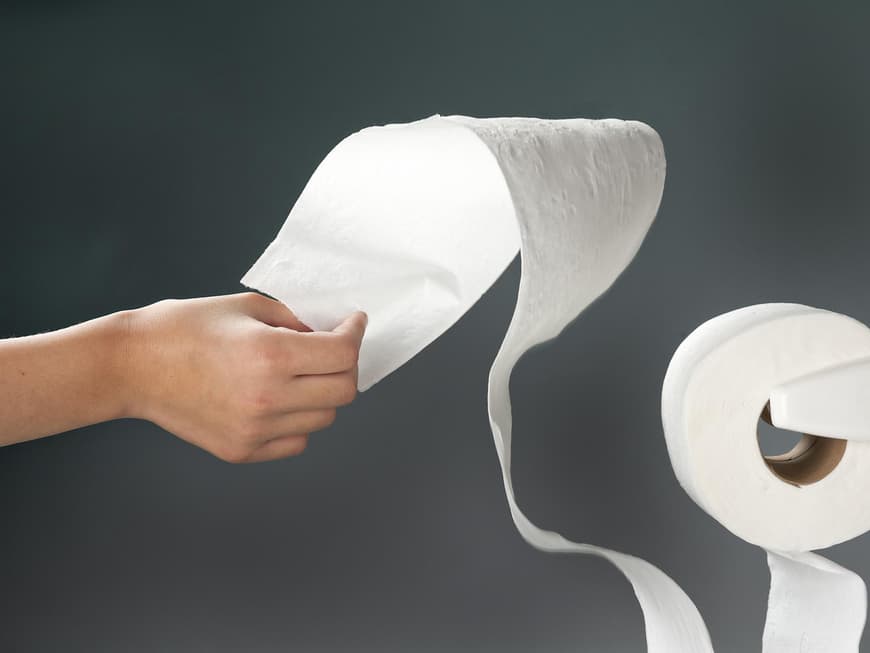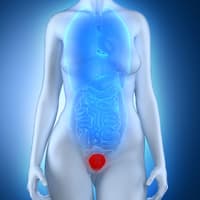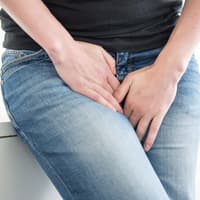
For some it happens when laughing or sneezing, for others when exercising - involuntary urine leakage. This can be temporary or develop into bladder weakness (incontinence). Women are more affected than men. Especially young mothers, whose pelvic floor is weakened by pregnancy and childbirth, and older women due to hormonal changes. It is estimated that around six million people in Germany suffer from it, but the number of unreported cases is higher. This is because bladder weakness and its treatment is a taboo subject that people are embarrassed to keep quiet about.
The different forms of incontinence
Urge incontinence can be recognized by the constant urge to urinate; stress incontinence is manifested by bladder weakness caused by pressure on the abdomen, for example when coughing or lifting heavy objects. However, mixed forms are also possible.
For mild bladder weakness: treatment with pelvic floor exercises
Mild incontinence can be counteracted with pelvic floor exercises. Exercises, some of which can be integrated unobtrusively into everyday life, strengthen the sphincter muscle. However, you need to be patient - success only becomes apparent after a few weeks. Training courses are offered by physiotherapists and adult education centers, for example.
Bladder weakness: treatment with medication
For urge incontinence, the doctor can prescribe anticholinergics, which slow down the activity of the bladder muscles. In the case of stress incontinence, serotonin-noradrenaline reuptake inhibitors, which are otherwise used as anti-depressants, can help. If the condition has hormonal causes, ointments or suppositories containing oestrogen are given. An expert can also stimulate the nerves responsible for controlling the bladder with electrical stimuli.
Bladder weakness: treatment through surgery
If medication does not work, surgery can be considered. A classic: the TVT procedure (tension-free vaginal tape). A plastic tape is inserted under local anaesthetic to stabilize the urethra. There are also hyaluronic acid injections that plump up the sphincter muscle. Botulinum toxin (Botox) is also injected to relax a hyperactive bladder. Disadvantage: Temporary voiding dysfunction may occur. New for mild forms of stress incontinence: laser tightening of the overstretched tissue.
What you can do yourself to help with the treatment
Drink plenty of water. And train your bladder - don't go to the toilet with tiny amounts. If you use sanitary pads: Do not buy normal sanitary towels - they often do not retain enough fluid. Better: special pads with strong absorbency. There is a wide range of aids available. Anyone who doesn't dare go to the pharmacy will find what they need in online stores.
How to deal with bladder weakness
If you suffer from bladder weakness, you should not be ashamed, but should confide in a urogynaecologist or urologist. The conversation alone is a relief. The fear that someone might find out causes massive stress - and this can make the symptoms even worse. At least talk to your partner about it.
And don't hide away within your own four walls. Because that depresses your mood even more. With the help of a timetable, you can control toilet visits a little better and plan longer trips or shopping trips accordingly.






